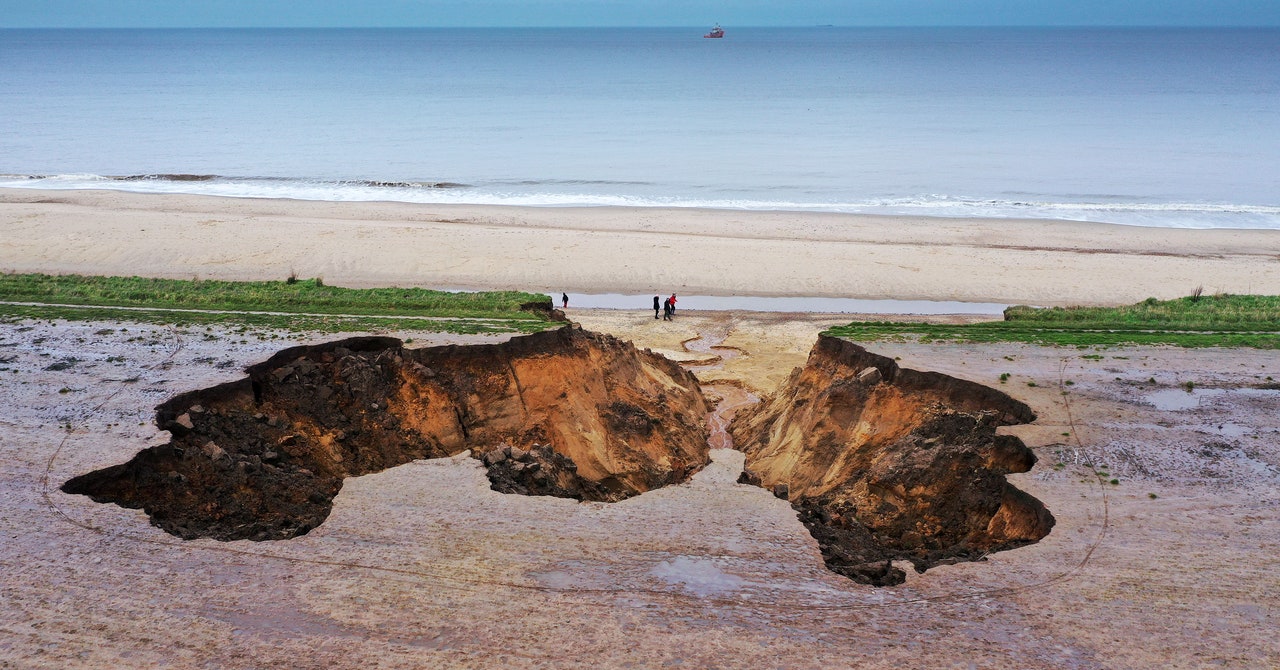
Should people harmed by climate change be compensated?
From typhoons and flooding to heatwaves and drought, research has shown that many disasters are already being made worse, or more likely to occur, due to climate change. Slow onset climate events like sea level rise, ocean acidification, loss of agricultural land or glacial retreat are also already taking place—sea level rise is now in the region of 3 to 4 mm per year.
All countries will be affected by climate change, but some of the most impacted countries have done very little to cause it in the first place. These countries are also often the very ones that most lack the resources needed to deal with these disasters.
The imbalance has been acknowledged by the leaders of developed countries and historic polluters, who have set up mechanisms to transfer financial support to developing countries to help them cut emissions and adapt to the consequences of climate change.
But support for another issue, known as “loss and damage,” has long been a politically fraught topic, and so far has only minimal support. The term refers to the consequences of climate change that can no longer be adapted to, explains Chikondi Chabvuta, Southern Africa region advocacy adviser at the nonprofit CARE. “It is really about reparations, and climate justice,” she says. “It’s these damages that are taking place within countries in the global south that are stretching their capacity to adapt and absorb the shocks. In the end, they are left with lost communities, lost livelihoods, lost lives, that cannot be put on an adaptation program.”
The issue of finance for loss and damage blew up at the COP26 climate conference in Glasgow last month, where developing countries representing the vast majority of the world’s population supported the creation of a financial mechanism for it, but which eventually fell through. A network has been set up to support “technical assistance” for dealing with loss and damage, but rich countries such as the US have been very resistant to putting money on the table to actually help countries recover from climate disasters.
“Right now, the United Nations system has agreed to channel finance from richer countries to lower income countries so that those countries can transition to greener pathways, and so that they can become more resilient to future impacts,” Teresa Anderson, a climate policy campaigner at ActionAid, told me during COP26. “But if you’re destroyed by a climate disaster, and have to pick up the pieces and rebuild and recover, then you’re on your own.”
Speaking last month at a press conference as COP26 concluded, John Kerry, the US special presidential envoy for climate, said his country remains “always thoughtful about the issue of liability.” He added: “What we think is, in the next few years, we have to work through what is this all about? How much money is needed for what? What’s the legality of it?”


